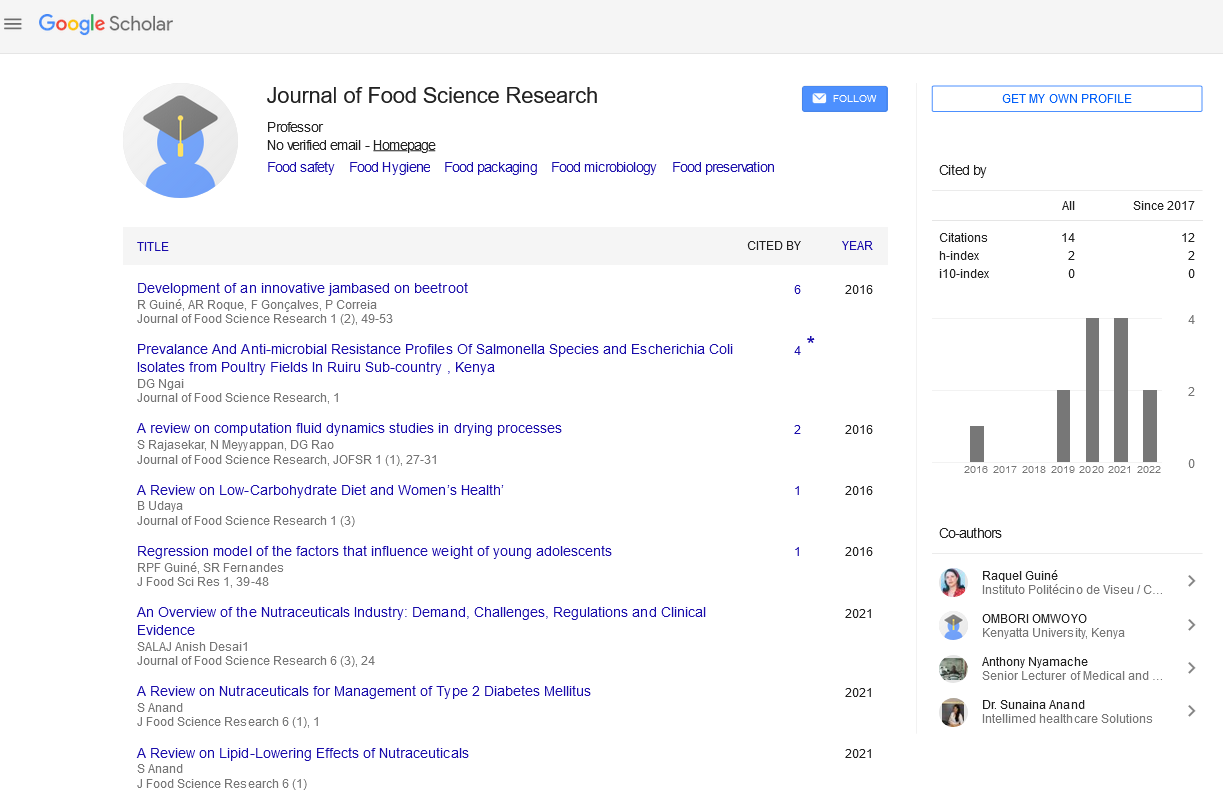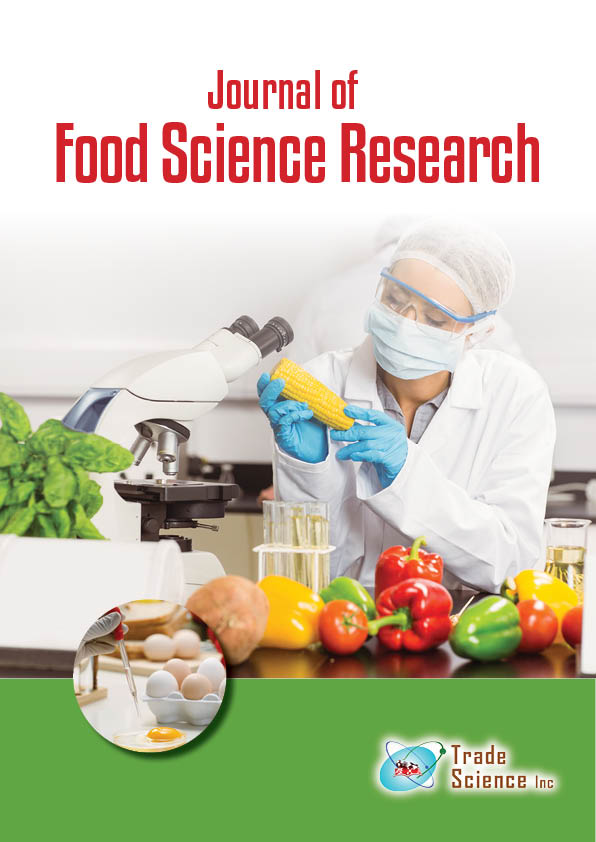Abstract
Food toxicology principles for recovery after a TBI
Author(s): Jamie MoCrazyResearch Objectives To understand how to instruct on which foods will create positive synaptic connections following neuroplasticity principles to help patients become efficient independant adults after brain injury. Design-nonrandomized controlled study with select patients following similar protocols and statistics connected to Vancouver General Hospital. Setting - general community and hospitalized care Participants- participants that volunteered. Interventions Capitalize on correct food choices Why the outcome you predict comes true Which habits to create and how - neuroplasticity Food Tips on recovery from brain stem damage Post outpatient food therapy care Power of positive mindset Difference between support and coddling Importance of prescribing natural remedies Benefits of spiritual practices Main outcomes/measures- Food choice allowed new synaptic connections to be created in the brains of subjects following intervention to allow them to function at an independent efficient level by creation of these habits in their lives. Results- A study on the principles of neuroscience gives strength to this finding that the habits created during and after hospitalization create the outcomes a patient receives. Conclusion- Evidence-based change in approach to treatments focusing on neuroplasticity protocols increase the number of patients returning to a functioning successful life after an acquired brain injury Author disclosure None Identify all participants in this Abstract and ensure all requirements are met Jamie MoCrazy, 2796 s 900 e Salt Lake City, Utah, 84106 USA Communicator on TBI, Patient and research BA communication current student in neuroscience

